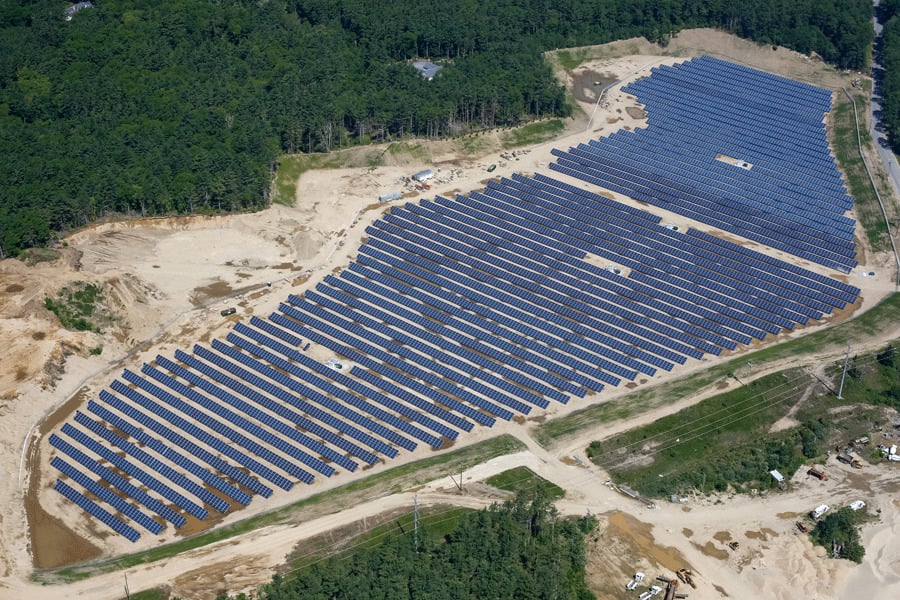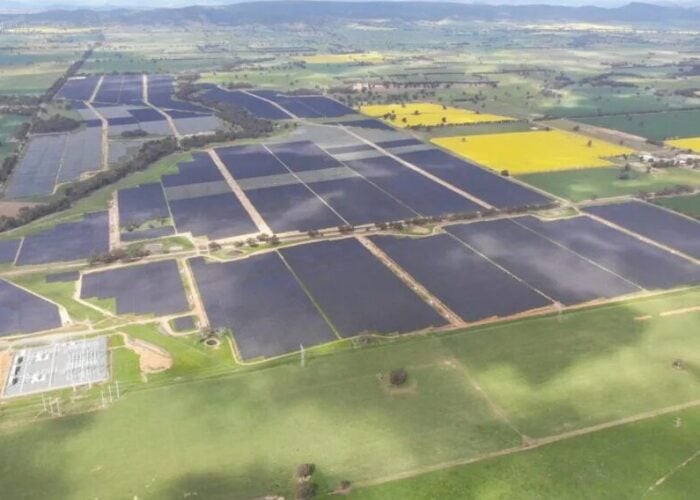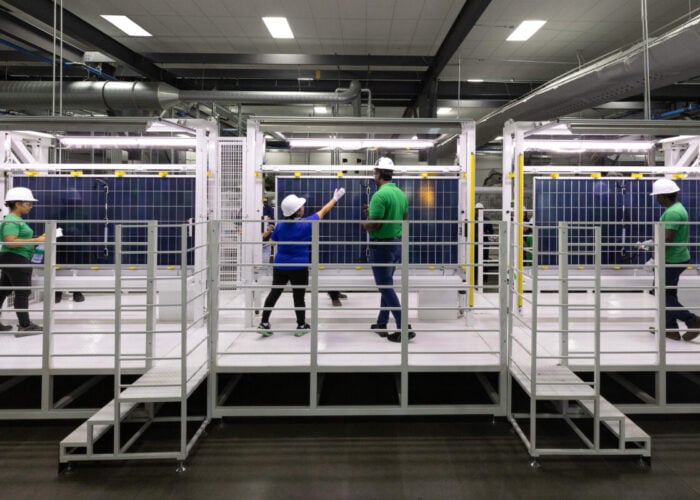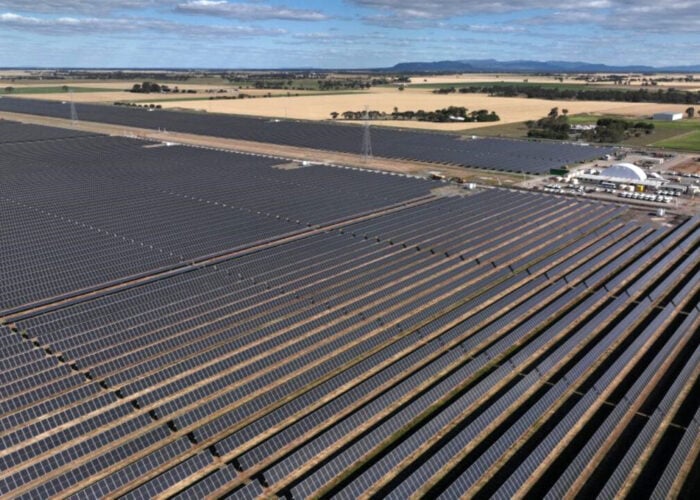
The US Solar Energy Industries Association (SEIA) has launched a draft industry standard to help manufacturers and importers meet the US Customs and Border Protection’s (CBP’s) traceability requirements.
The document, dubbed “Standard 101”, includes recommendations for actors across the solar sector to better comply with CBP traceability standards, and import fewer products with links to forced labour practices.
Try Premium for just $1
- Full premium access for the first month at only $1
- Converts to an annual rate after 30 days unless cancelled
- Cancel anytime during the trial period
Premium Benefits
- Expert industry analysis and interviews
- Digital access to PV Tech Power journal
- Exclusive event discounts
Or get the full Premium subscription right away
Or continue reading this article for free
The standard encourages buyers to be aware of “high-risk suppliers” and pushes developers and engineering, procurement and construction (EPC) firms to track the delivery of materials and components to their sites.
The standard is now open for public consultation, and the SEIA will receive comments until 4 November, with plans to implement the standard in the first quarter of next year.
“As we build out domestic manufacturing up and down the supply chain, this standard will help to ensure all solar and storage products installed in the US meet the highest ethical standards,” said SEIA president and CEO Abigail Ross Hopper. “This standard is part of SEIA’s broader efforts to build a strong foundation for the industry and thoughtfully address near- and long-term challenges, setting the industry up for decades of success.”
Many of these standards build on earlier pieces of legislation in the US solar industry, such as the Uyghur Forced Labour Prevention Act (UFLPA), which has sought to limit the import of products associated with forced labour among the Uyghur people in China. Singapore-headquartered Maxeon saw a number of its products detained by the CBP earlier this year, and while there is no suggestion of malpractice, the incident is a clear reminder of the US’ growing interest in limiting the import of products associated with forced labour.
Limiting Chinese imports
The SEIA standard explicitly names China as a country that has a history of supplying products that do not comply with CBP regulations, with its standard describing China as “a jurisdiction from which CBP has detained significant imports for UFLPA enforcement.”
The issue is also running in tandem with a debate over supporting nascent US solar manufacturing versus continuing a historic reliance on mainly Chinese imports. Earlier this year, the US finalised increased tariffs on wafers and polysilicon under its Section 301 tariffs, which include the doubling of tariffs on solar cells, whether or not they are assembled into modules, making it harder for manufacturers in the US to use imported cells in their products.
The American Alliance for Solar Manufacturing Trade Committee, which represents industry leaders including Qcells and First Solar, has made similar calls. The alliance has called for retrospective tariffs on solar imports from Vietnam and Thailand, alleging that such countries are being used by Chinese manufacturers to sell products to the US and sidestep tariffs placed on Chinese goods.
However, simply taxing Asian imports will not necessarily be of benefit for the US manufacturing space. A report form Clean Energy Associates (CEA) found that more stringent tariffs on Asian-made goods could increase the average price of PV cells and modules made in the US by as much as US$0.10/watt, demonstrating the precarious position of US manufacturing.






